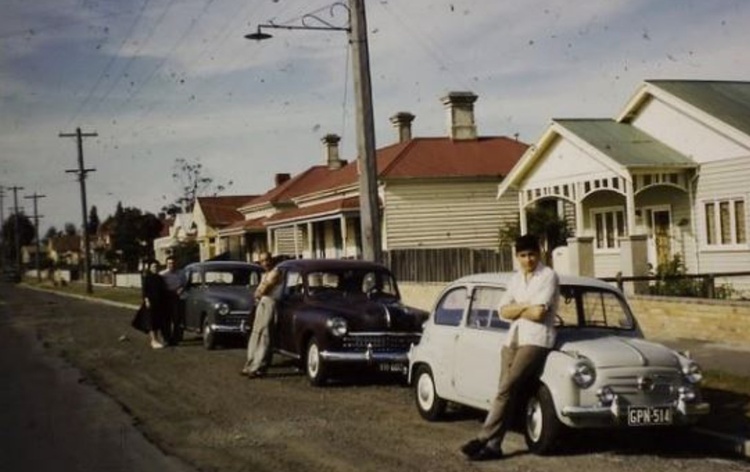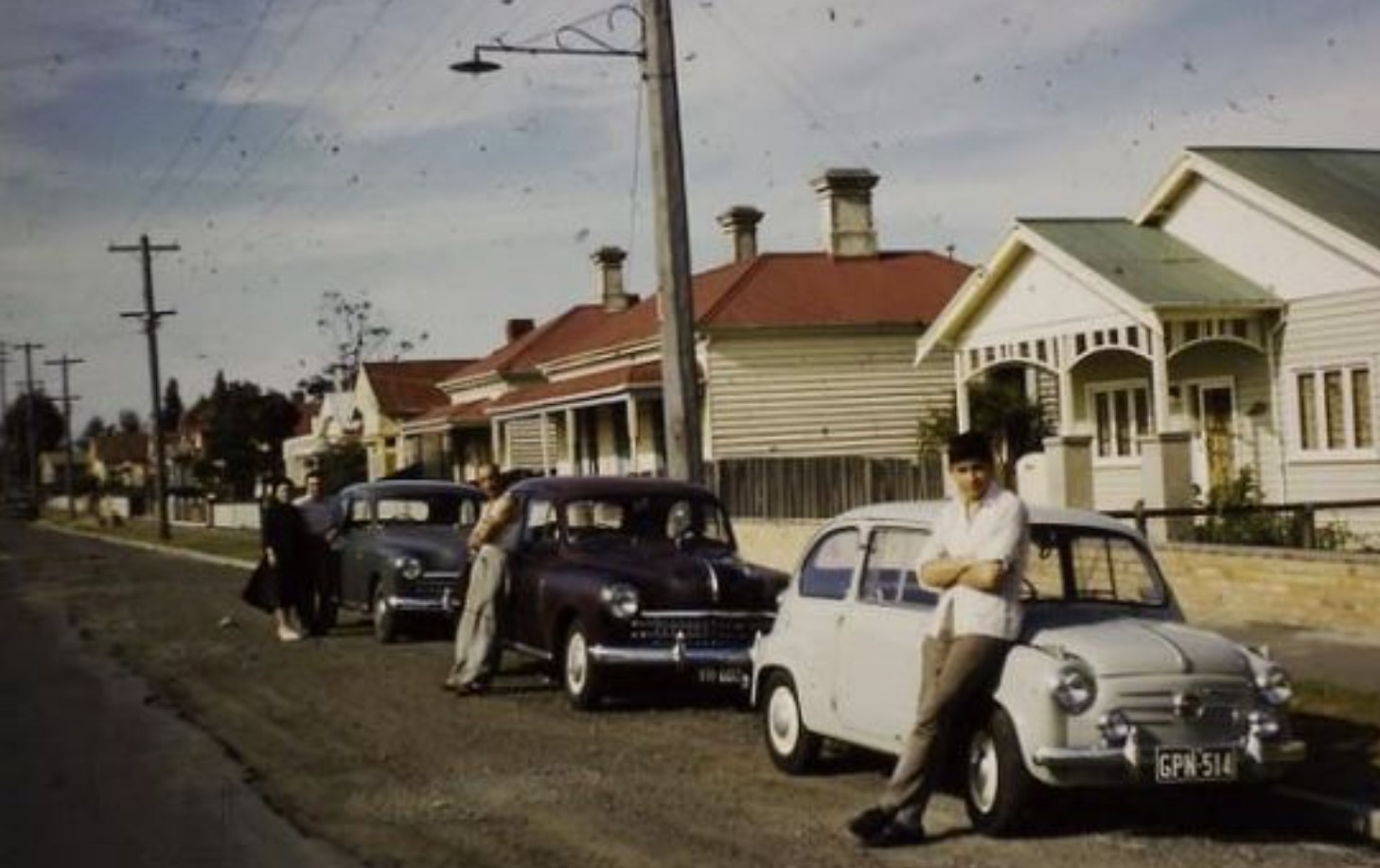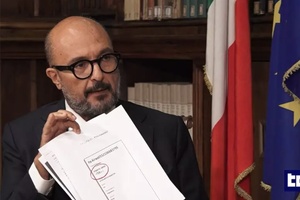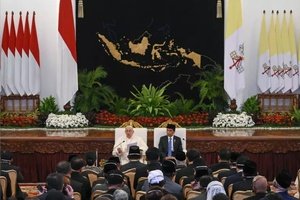We’ll call you Jim. In these four words that might bring a smile to some, one of the classic experiences of Italian migrants is encapsulated.
In the years following the Second World War, hundreds of thousands of Italians left their homeland in search of fortune elsewhere.
They found in this “new continent” the opportunity for social and economic redemption.
Italian migrants always had a distinct spirit of adaptability in the face of uncertainty, along with a willingness to integrate and blend into the social fabric of their host country - even if it meant adopting a new name.
After all, any deep human relationship begins with a name. A face without a name is just one among many, recognisable but forgettable.
Jim was the name given by Australians to Italians named Eustachio (and was sometimes adopted by the Italians themselves) because Eustachio proved too difficult to pronounce.
The name was very common among residents of Tocco da Casauria, whose patron saint was Saint Eustachio.
We’ll Call You Jim is the title of the new documentary directed by Anna Marino and produced in collaboration with the Casa D’Abruzzo Club.
This hour-long film collects testimonies from second-generation Italo-Australians who grew up in the middle of two vastly different cultures.
“I’m more passionate about migration stories than about documentaries themselves,” Marino explained in an interview with journalist Riccardo Schirru on Rete Italia.
“Each of us has a personal history behind us that impacts the development of oneself and one’s relationships with others.
“I’ve always been interested in this aspect of humanity,” she continued.
Marino’s story is similar to that of many other Italian emigrants who arrived in Australia with their families at a young age.
Something unique to her story is that for a brief period in the early 1990s when, after finishing her first documentary about first-generation migrants from Tocco in Australia, Viaggio nella dolce tristezza (Journey into Sweet Sadness), Marino moved to Italy to try life in Tocco da Casauria.
“But things didn’t work out there, so I decided to return.”
But her experience immediately highlighted some significant differences between the two cultures.
“I remember that many Italians were surprised to see me unsure of how to do certain things, or rather… doing them differently,” she explained.
“For example, here in Australia, we do the shopping once a week, maybe on Saturdays, while in Italy it is very common to shop daily, going out specifically to buy what you would cook for lunch or dinner.”
In We’ll Call You Jim, through the testimonies of various interviewees, we learn about the highs and lows of first-generation Italian emigrants. To them, Australia presented both obstacles and opportunities.
On the one hand, most interviewees mentioned not experiencing any discrimination, unlike their parents.
However, speaking only Italian at home became a significant problem once they crossed the threshold into school, where the main language was English. There, they struggled to express themselves and understand, but it was also that environment that offered them the chance to learn English and better integrate into the wider society.
Many recalled lunchtime as the time when they attracted the most attention of classmates who were always equipped with Vegemite sandwiches. Their curiosity was initially stimulated by the smell wafting from their backpacks and then by the inviting appearance of their meals.
Others chose to highlight the strict Italian parenting model they grew up with. Italian parents often prioritised education and, in many cases prohibited children from participating in extracurricular activities like dancing and swimming, or from attending social gatherings and parties with friends.
Weddings, picnics and days at the beach are remembered as important moments when all the families, most of which were quite large, would gather. These events were also one of the main places to meet a soulmate.
Then there was the Sunday lunch, a true institution in Italian culture and one which, even today, sees families continue to gather around the nonni’s table for an endless meal.
We’ll Call You Jim is a film we recommend to everyone because it deeply captures the essence of the Italian community in Australia and the immense effort they made to adjust and assimilate.
It was also a documentary made to thank those who softened the harsh blows of emigrant life for their children and grandchildren.
The documentary will be screened at Co.As.It. on August 13. Reservations are essential. To reserve, click here.












